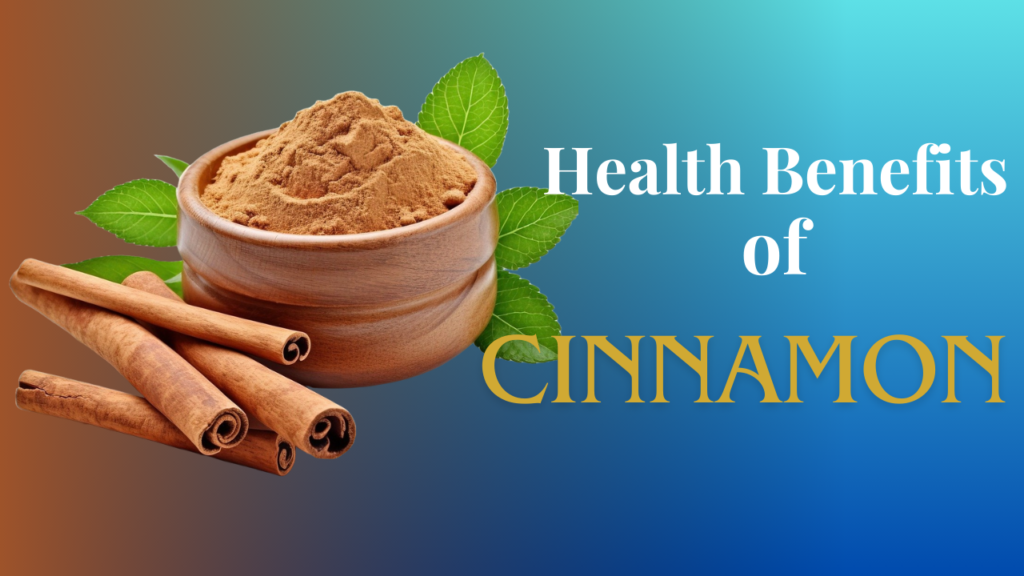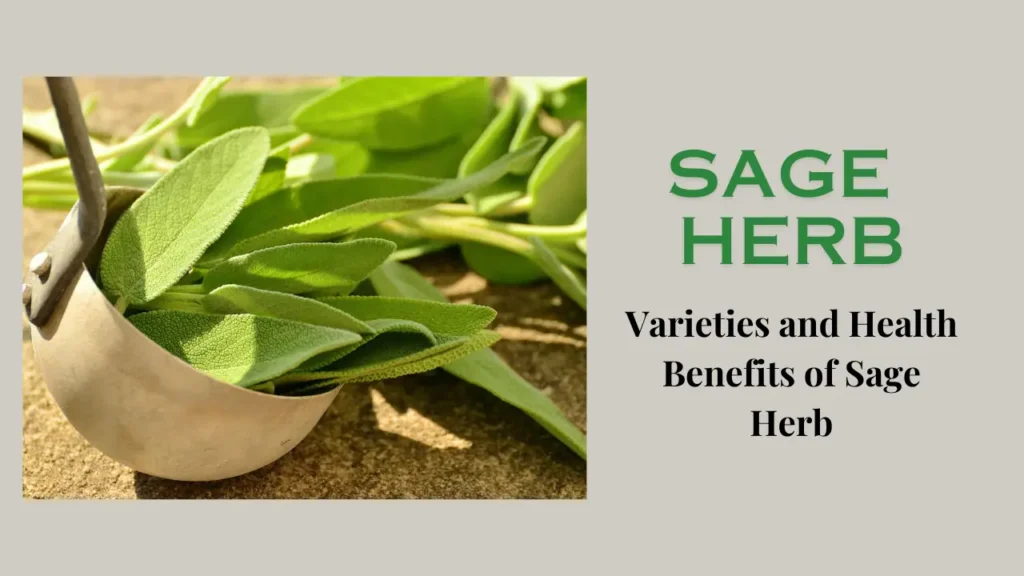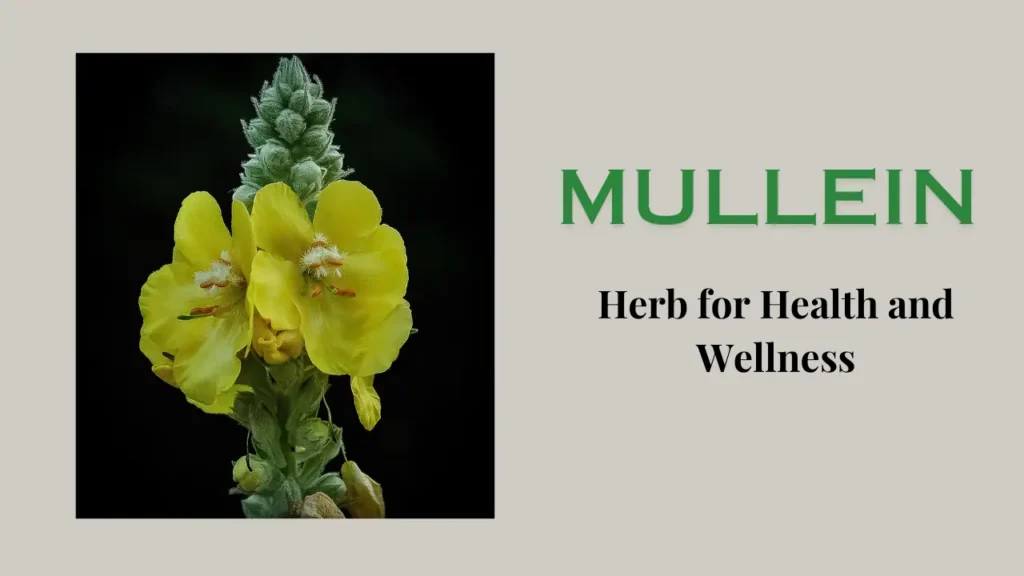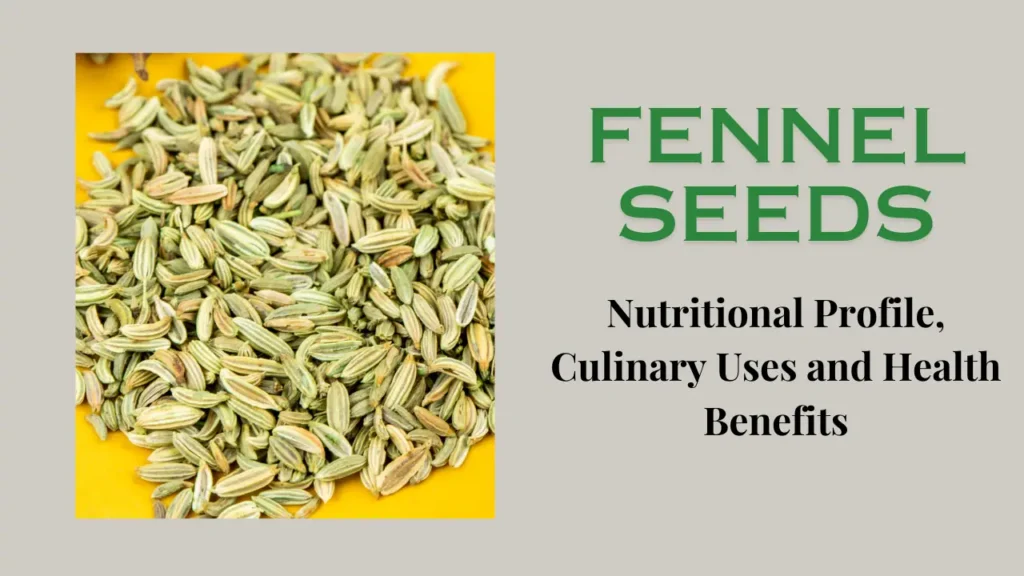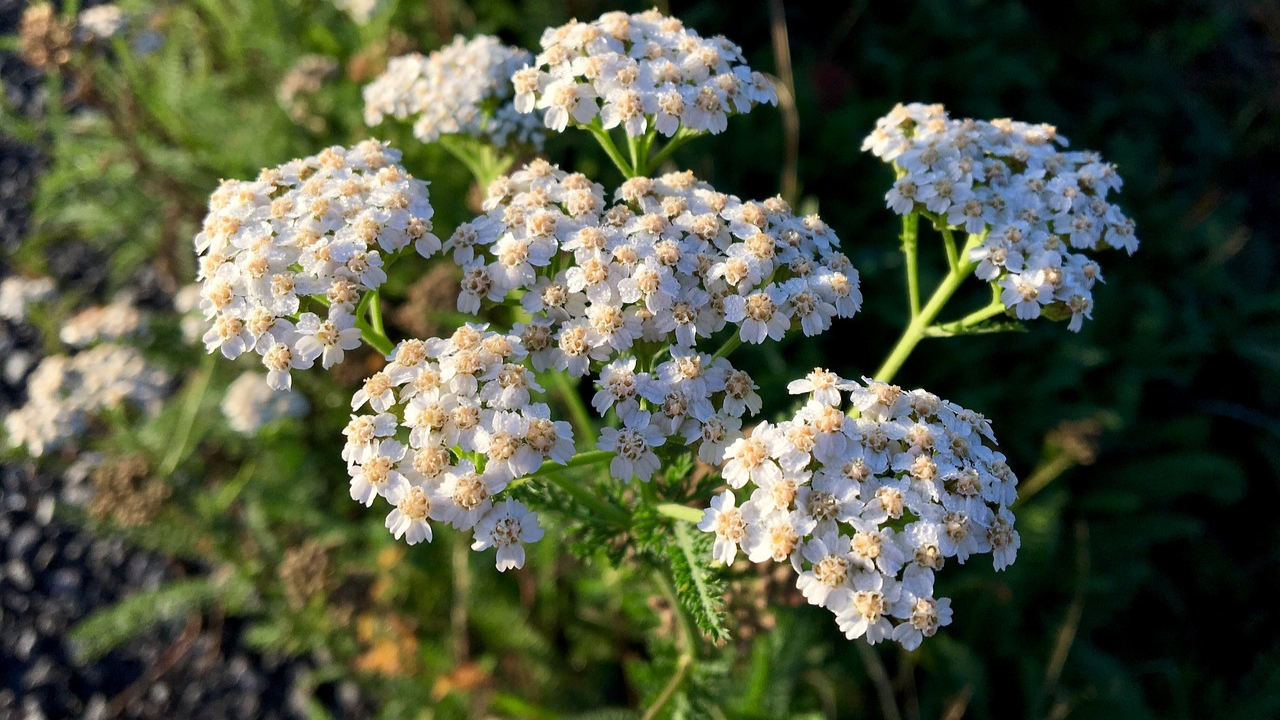
Introduction
Uses of Yarrow Plant
1. In Wound Healing and Hemostasis
- It has astringent properties that help stop bleeding and enhance the wound-healing process. It is also used to clean wounds, reduce swelling, and reduce the risk of infection.
2. In Digestive Health
- It is beneficial for gastrointestinal problems like indigestion, bloating, and flatulence. It also stimulates the production of digestive juices, which helps in the smooth functioning of the digestive system.
3. In Respiratory Support
- Yarrow has anti-inflammatory and expectorant properties that help reduce respiratory problems such as bronchitis, cough, and congestion.
4. In Menstrual Disorders
- It is traditionally used to reduce menstrual cramps, control irregular menstruation, and reduce heavy menstrual bleeding. It also acts as a uterine tonic, which leads to a healthy menstrual cycle.
5. In Fever and Flu
- It has diaphoretic properties, which induce sweating. Consuming it during fever causes sweating, which cures fever and also removes toxic substances from the body. To reduce fever, it can be consumed in the form of tea or its steam can also be taken.
Potential Side Effects and Precautions
1. Allergic Reactions: Some individuals may be allergic to it, especially those who are allergic to plants in the Asteraceae family, such as ragweed or daisies, so it is advisable to do a patch test before using it.
2. Pregnancy and Breastfeeding: Pregnant and breastfeeding women should consult their doctor before using it, as it may stimulate uterine contractions.
Read Also: Sage Herb
Incorporating this Herb into Your Daily Routine
A. Yarrow Tea
- You can consume it in the form of tea. For this, soak its dry leaves and flowers in hot water for 10-15 minutes and then filter them. Your yarrow tea is ready. This tea provides relief from digestive, respiratory, and menstrual problems.
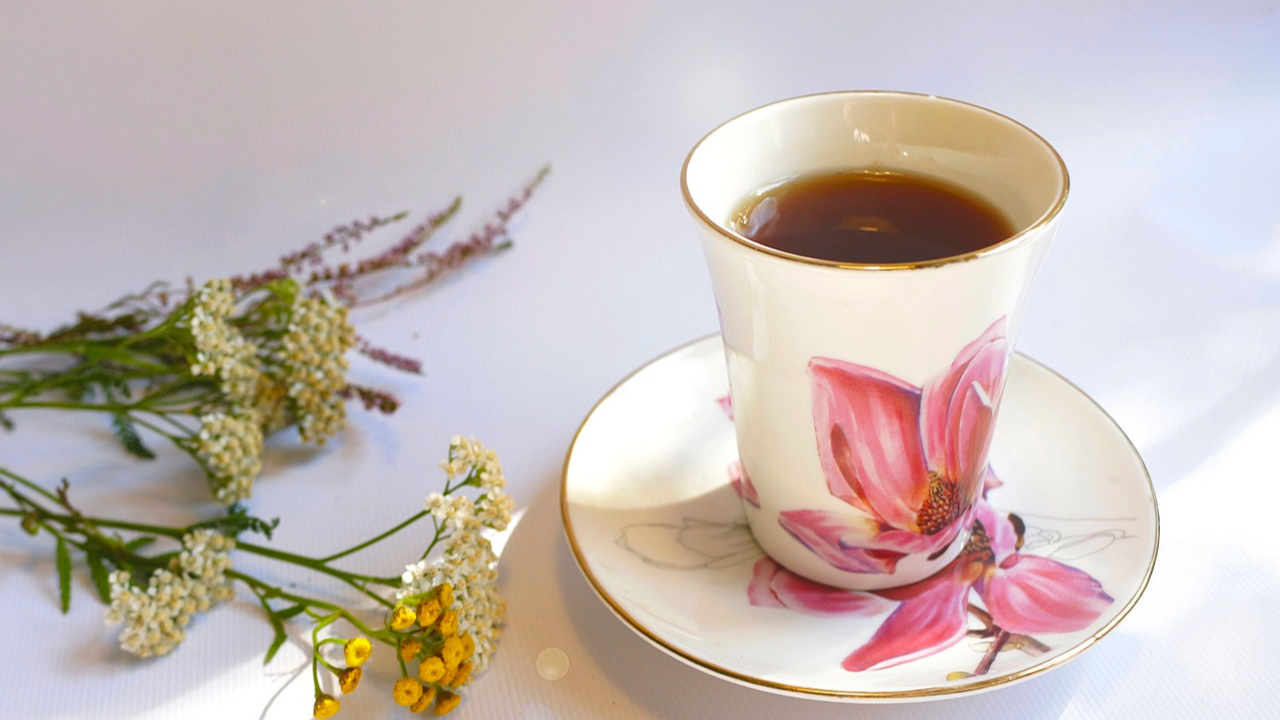
B. Topical Applications
- Making yarrow oil is very easy. For this, soak dried leaves and flowers in olive or coconut oil for several weeks. Your yarrow oil is ready. You can apply it topically to reduce wounds, injuries, or skin irritation. It’s wound-healing and anti-inflammatory properties help in this.
C. Aromatherapy
- This herb has many calming and respiratory properties. To take advantage of these properties, add a few drops of yarrow essential oil to a diffuser or inhale it directly.
Conclusion
Yarrow is a versatile herb with a history of traditional use spanning centuries. Its anti-inflammatory, antimicrobial, and analgesic properties make it a valuable herb in various health conditions. While it offers many benefits, it is important to be aware of its potential side effects and precautions. Therefore, consult a health care professional before adding this herb to your daily routine.
Yes, you can eat yarrow flowers but in small quantities. The taste of their flowers and young leaves is slightly bitter but they are safe to consume. These can be eaten by mixing them in salad or soup and used as tea. Start with small amounts, as yarrow has a strong flavor, and consuming it in large amounts can cause stomach upset.
It thrives in places with good drainage where it gets proper sunlight. It is quite tolerant of a variety of soils including sandy and clay soils and can handle heat and drought conditions well. Avoid planting them in shady areas or in soil that is constantly wet, as this can cause root rot.
Traditionally, it has been used for a variety of treatments. Some of its objectives are as follows:
- Wounds: Fresh leaves can be crushed and applied directly to small wounds to stop and promote healing if someone is bleeding.
- Inflammation: A tea or compress made from its leaves reduces inflammation in joints, muscles, or skin.
- Diarrhea: Its tea helps reduce mild cases of diarrhea.
- Cold and Fever: Its tea can also help reduce fever and relieve cold and flu-like symptoms.
It is generally safe to consume this tea in limited quantities (one to two cups a day) for short periods. However, taking it daily for a long time or taking it in high doses is not recommended as it may cause side effects such as stomach upset, dizziness, or skin reactions. It is advisable to consult your doctor before using it, especially if you are pregnant or breastfeeding.
Yes, it has a long history of use in traditional medicine and research shows that it has many medicinal properties. However, it is important to remember that this is an herb, not a miracle cure. Therefore, consult a doctor for any chronic or serious health condition.

